The whole story began on February 9, 1990
The Kremlin's main argument in the crisis over Ukraine and a possible conflict with NATO is that the West broke its promise from the 1990s.
Wednesday, 02.02.2022.
13:02
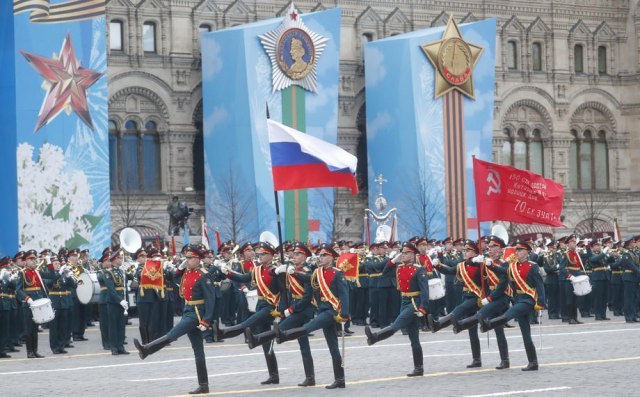
The whole story began on February 9, 1990
The Kremlin claims the West broke a promise it made in the 1990s not to expand NATO, and is now using this claim to justify threats to invade Ukraine.One of Russia's consistent demands has been for the North Atlantic Treaty Organization to stop expanding to the east and pledge never to include Kiev in the security alliance.
However, NATO has long insisted it has an open-door policy to any nation that meets its criteria for membership.
In his speech at the Security Conference in Munich in 2007, Vladimir Putin accused Western powers of violating a solemn pledge from the beginning of the 1990s by expanding NATO to the Baltic countries three years earlier.
"What happened to the assurances our Western partners made after the dissolution of the Warsaw Pact?", Russian president wondered at the time.
NATO has not stopped expanding since the fall of the Soviet Union, growing from 17 countries in 1990 to 30 today, several of which were once part of the Soviet-led Warsaw pact.
The origin of the betrayal claim
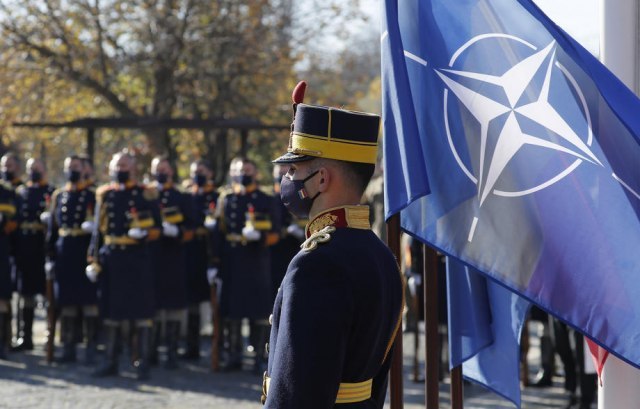
In a discussion on the status of a reunited Germany, the two men agreed that NATO would not extend past the territory of East Germany, a promise repeated by NATO’s secretary general in a speech on May 17 that same year in Brussels.
Russia and the West finally struck an agreement in September that would allow NATO to station its troops beyond the Iron Curtain.
However, the deal only concerned a reunified Germany, with further eastward expansion being inconceivable at the time.
"The Soviet Union still existed and the countries of Eastern Europe were still part of the Soviet structures, like the Warsaw Pact, which was not officially dissolved until July 1991," said Amélie Zima, doctor of political science at the Thucydide Centre for international relations in Paris.
"We cannot speak of betrayal, because a chain of events that would rearrange the security configuration in Europe was about to take place", she added.
In short, at a time when Westerners were offering the "guarantees" spoken of by Vladimir Putin, no one could have predicted the collapse of the USSR and the historic upheavals that followed.
"In addition, these promises were made orally and were never recorded in a treaty,” recalled Olivier Kempf, associate researcher at the Foundation for Strategic Research. "The turning point of NATO enlargement came much later, in 1995, at the request of the Eastern European countries", he added.
That year, NATO published a study on its enlargement before starting membership talks two years later with Hungary, Poland and the Czech Republic, all of which would become members in 1999. The addition of these new members has long sparked debate within NATO, thus undermining the Russian myth of a betrayal orchestrated by the West.
"Even within the American administration, some thought that NATO should not expand because it would make it less effective, dilute its skills and become a financial burden," explained Zima.
Ukraine's strategic importance
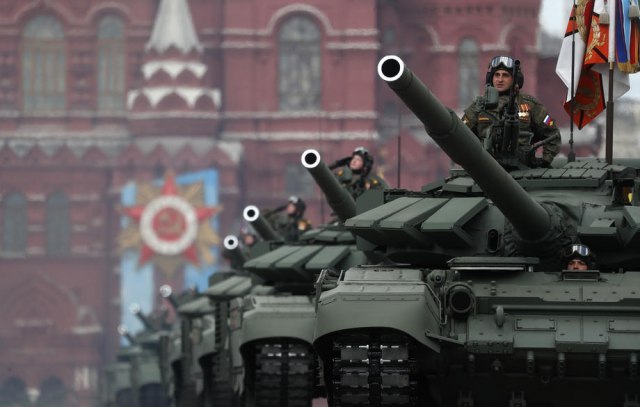
In August 2008, Georgia's NATO and EU ambitions helped prompt Moscow to back pro-Russian separatists in Georgia’s self-proclaimed autonomous republics of South Ossetia and Abkhazia.
Russia also views the alliance's anti-missile shield, established in 2016 in NATO member Romania, with great suspicion. A similar NATO base exists in Poland. Both countries are now members of the North Atlantic Alliance.
Faced with these Russian concerns, Western governments consistently underscore the defensive nature of the NATO alliance.
"The Russians find it difficult to accept NATO enlargement, but they forget that they signed a document called the NATO-Russia Founding Act in 1997, through which they become partners and committed to guaranteeing peace and security in the Euro-Atlantic area as well as the territorial integrity of all member states," Zima noted.
A quarter of the century later, Moscow is reviving its rhetoric in the context of the Ukraine crisis by turning Kiev's possible future NATO membership into a new red line not to be crossed.
Ukraine currently has "partner country" status with NATO. In reality, Kiev still has a long way to go before it can qualify for full membership.










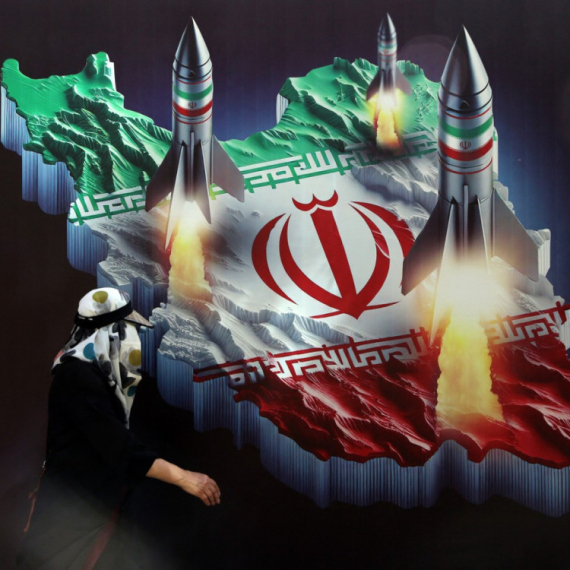
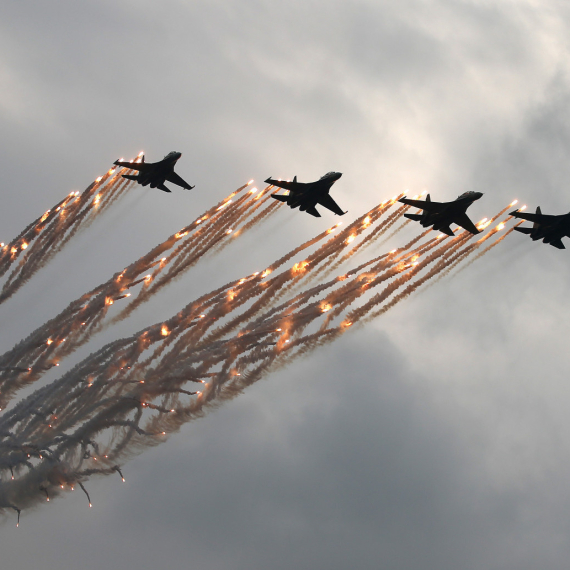
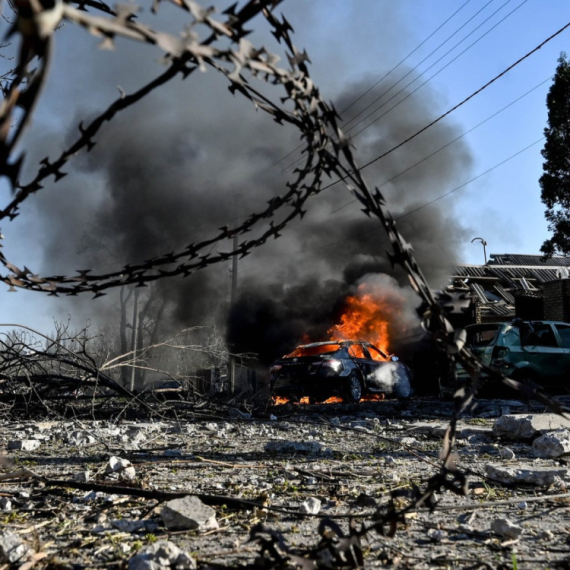

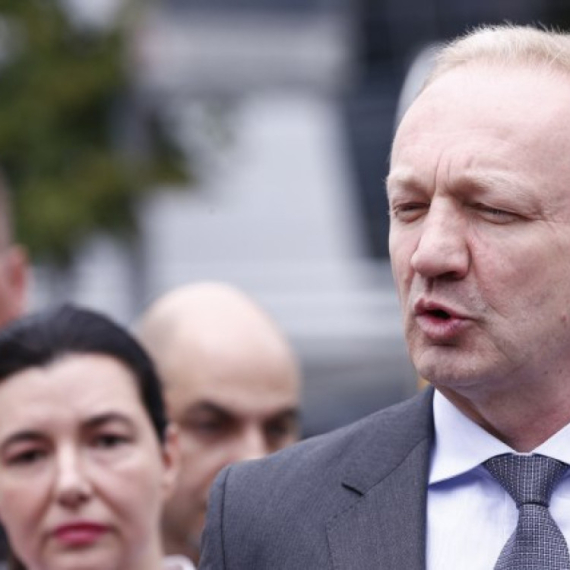
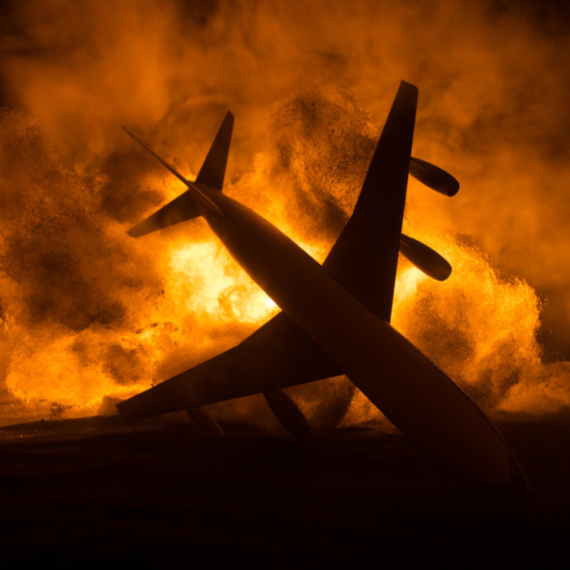




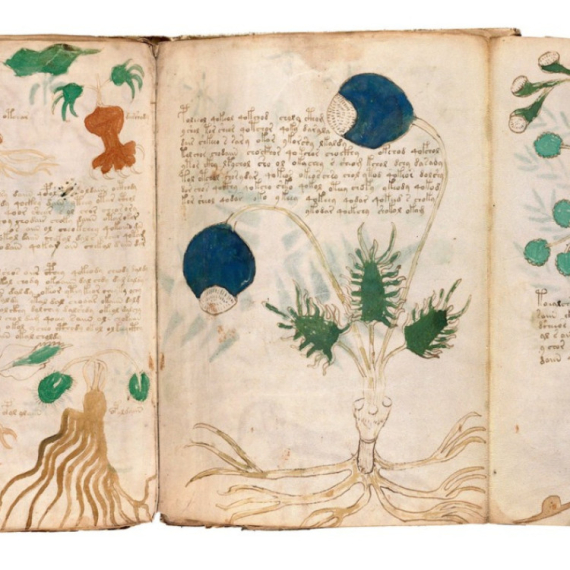



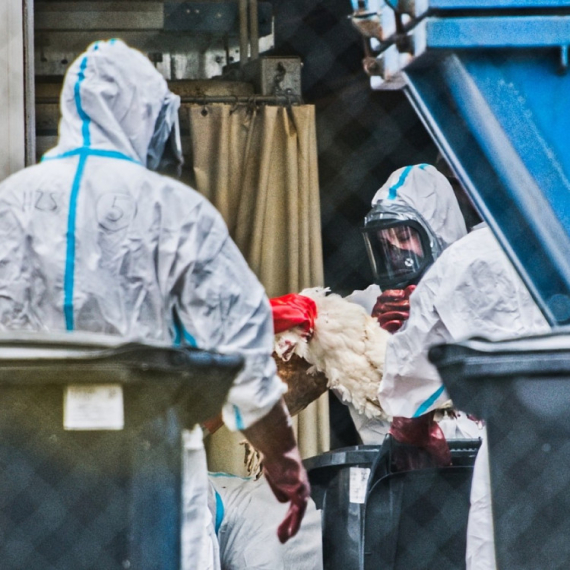












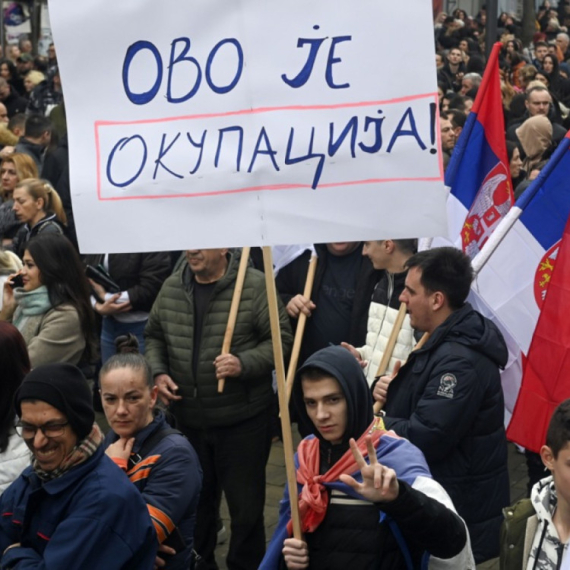
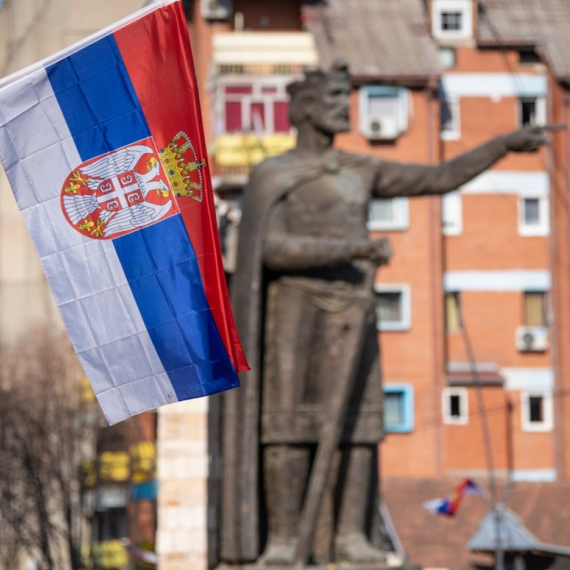
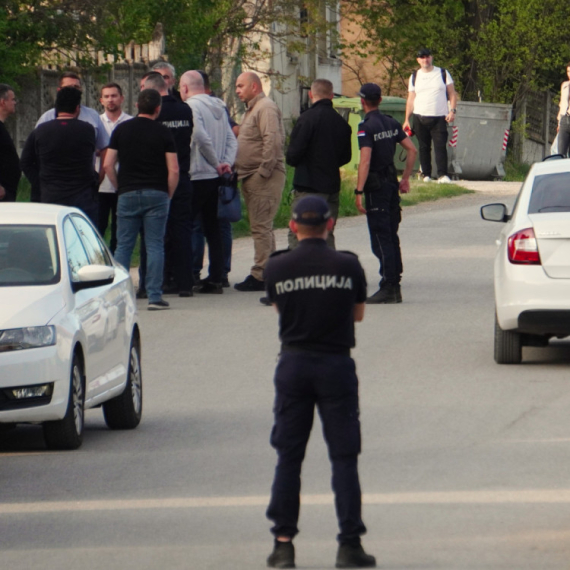





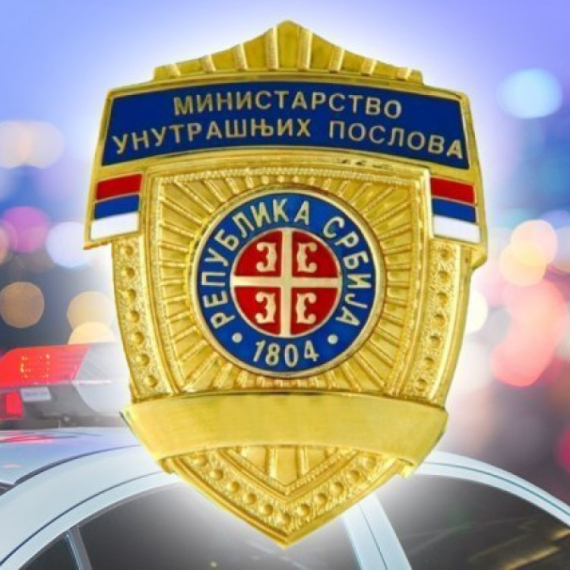





Komentari 1
Pogledaj komentare